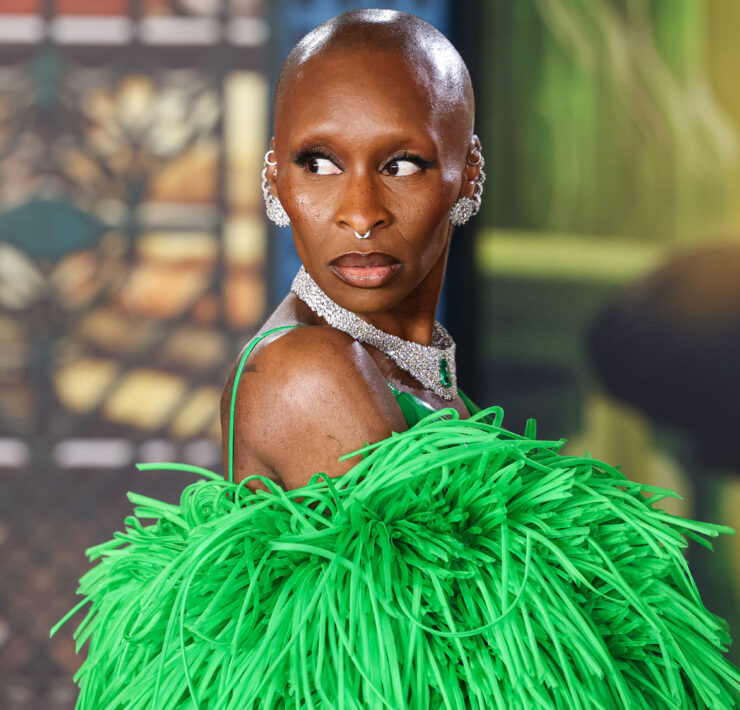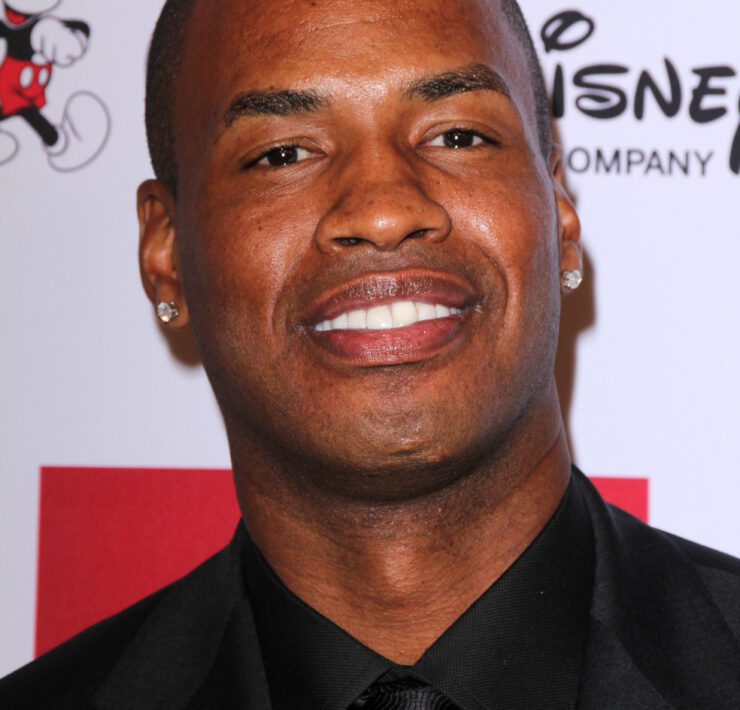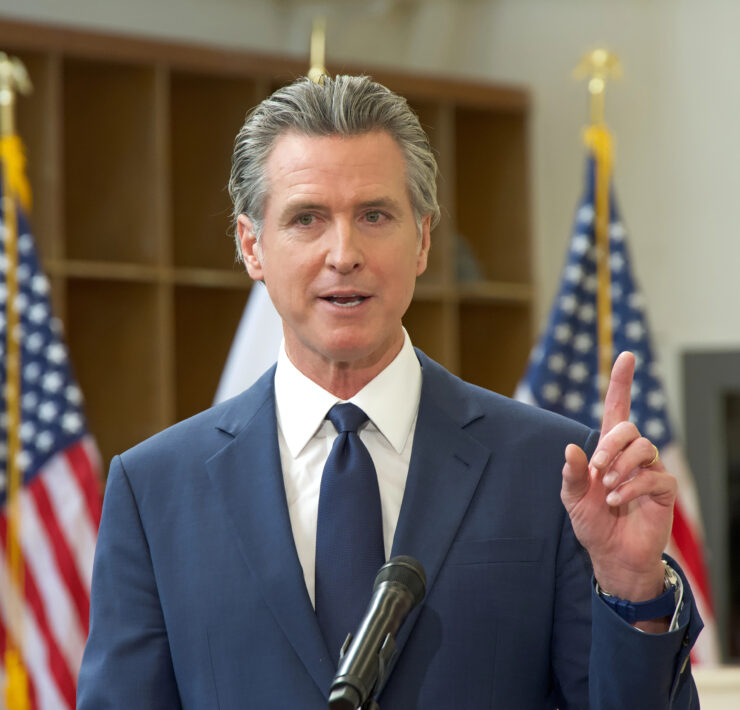Tanzania LGBTQ Protections Continue to Deteriorate

Michael returned from his tourism management course in Arusha, Tanzania, the gateway to Mt. Kilimanjaro and Serengeti National Park, to find his belongings crudely packed in bags outside the house he shared with a friend for the last six months. His friend refused to even come to speak to him at the door; instead his neighbors explained that he was no longer welcome at the residence. The weight of homelessness, a feeling Michael had experienced before when his family and youth shelter both rejected him for his unapologetic sexuality, was back on his shoulders.
The Republic of Tanzania earned the ire of the international community increasingly in the last five years for the deteriorating human rights protections for LGBTQ people. This crisis is often associated with the election of President Magufuli in 2015, who was re-elected to another five-year team this past October, for his administration’s anti-homosexual rhetoric. Though this resurfacing issue is rooted in penal codes enacted by German, then British, colonial forces which occupied the region until 1961. The structures of these colonial powers have disappeared, the shadows of their criminalization remain.
A “witch hunt” for homosexuals in 2018 by the former regional commissioner of Dar es Salaam, the largest city of the rapidly growing East African country, dragged the crisis back into the global spotlight. But for Michael and other LGBTQ individuals across the region of East Africa, the struggle has been lifelong and does not show signs of improving.
This February marks the one-year anniversary of a report from the Human Rights Watch which documented the efforts of the Tanzanian government to restrict healthcare access to the LGBTQ community. Shuttering clinics and banning NGOs working in the area, the administration limited services such as HIV testing and distribution of condoms and lubricant. Programs that were making progress to curb HIV outbreaks faced major setbacks, and individuals like Michael do not have access to necessary health services to protect themselves.
His refusal to stay in the closet has dogged Michael since he came out as gay to the pastors of his orphanage at 15. The priest encouraged Michael to pray and fast, eventually banishing Michael when her conversion efforts failed. The priest made efforts to ensured Michael’s ex-communication was total, expelling him from the boarding school where he was slated to graduate in only one year. Three years on, Michael is still struggling to secure housing, which he explains is a result of other’s hesitancy to host him. Friends and others from the quiet LGTBQ community said to him, “We can’t risk it, you’re too showy.”
The February 2020 HRW report was one of many accounts of the deteriorating situation in recent years facing this vulnerable population in the region. The already precarious situation of LGBTQ people was made worse by the economic insecurity and health threats as a result of COVID-19.
Higher rates of eviction, physical violence, and sexual assault linked to the pandemic were documented in a more recent report from Front Line Defenders released last December. Interviews conducted with human rights workers in 13 countries documented the rise of raids, attacks, and defamation as a result of the chaos that has enveloped nations in the grip of the deadly disease.
In countries like Tanzania, where traditional gender roles are strictly adhered to, queer people are facing a unique vulnerability as a result of needing to spend more time at home, sheltering from the virus, and thus creating more potential for incidents of domestic violence.
Related Article: Forbidden Love: The International Struggle for LGBTQ Rights
Wenty, an activist that runs shelters for sex workers and the LGBTQ community in the cities of Mwanza and Mbeya explains, “[E]ven for defenders who could go back to their families, especially during COVID-19, their families are getting more violent. It was easier when we were gone during the day, but now have to be inside all day with our families and neighbors watching us, knowing about our sexuality and activism.”
Two case studies of an attack on a queer activist’s home and a police raid of an LGBTQ shelter included in the report indicate that some officials and citizens alike associate homosexuality with the spread of coronavirus. Efforts to intimidate and defame queer rights activists have gained traction in the months since the disease was first reported in March.
“All this hatred during COVID-19 puts visible LGBTIQ activists hugely at risk, especially activists who host other LGBTIQ people in our homes. By providing safe spaces for people who would otherwise be homeless and probably assaulted by the police, we are seen to collect or gather disease,” says the executive director of Tanzania Community Empowerment Foundation, an advocacy group based in Dar es Salaam.
Though the government of Tanzania declared the country free of the virus in June and ceased to report data to the World Health Organization, the violence and intimidation spurred on by the pandemic remain a serious threat to those in the wake of anti-LGBTQ sentiment.
The closure of shelters and clinics alongside the uptick of violence are not encouraging signs, Michael admits. He says the future will look brighter one day, but he is not hopeful that change is coming soon. Michael believes that international pressure on the Tanzania government to restore health and privacy rights to all of its citizens is the way forward, but he is still asking, “when will change come?”
Photo courtesy of LGBT Voice of Tanzania










